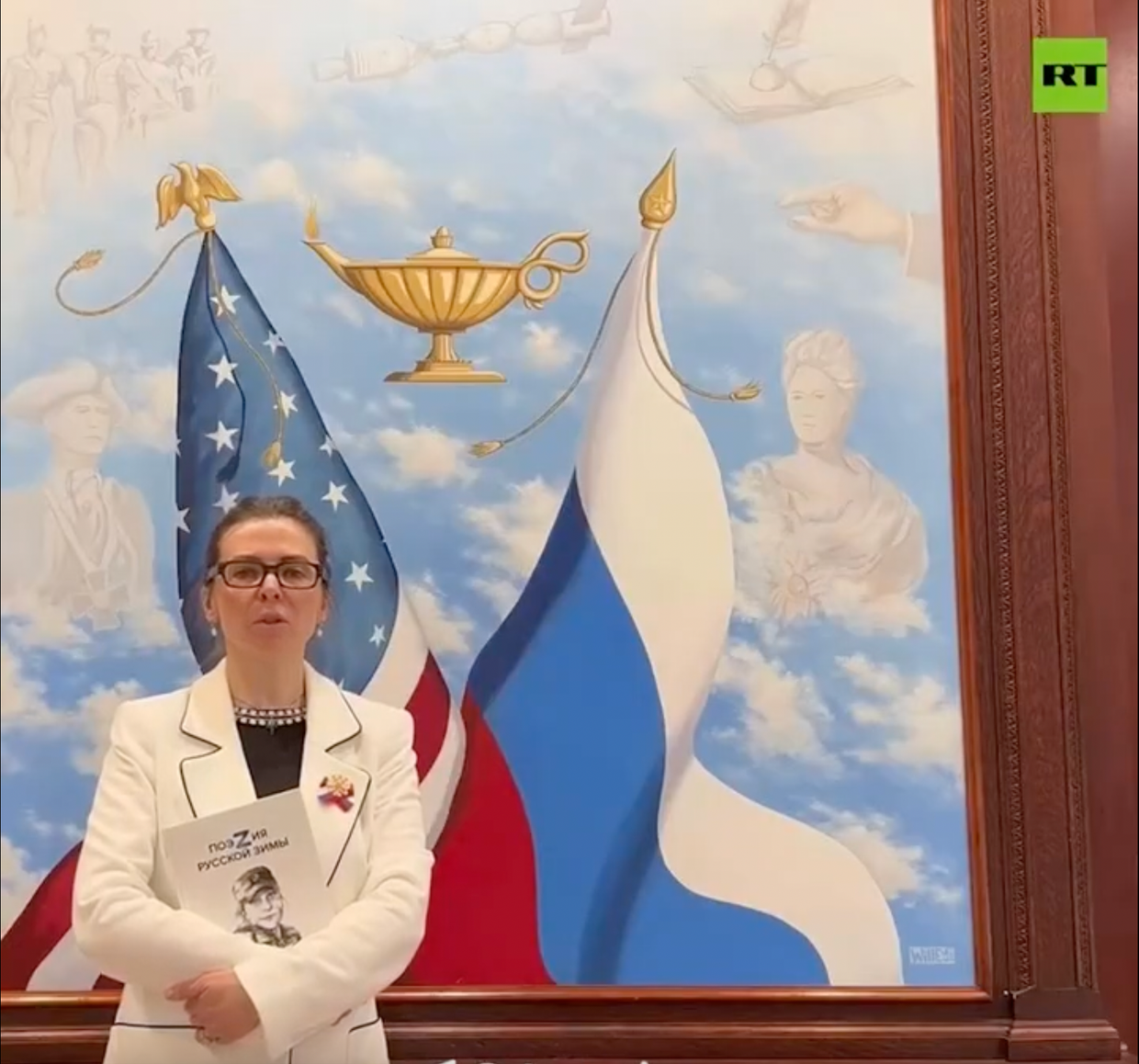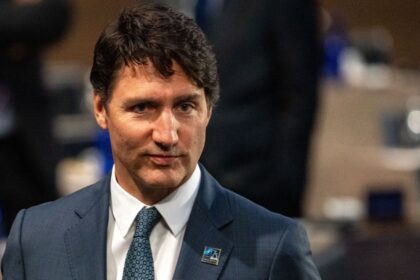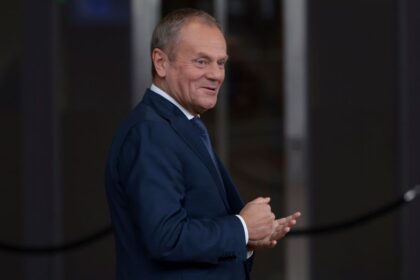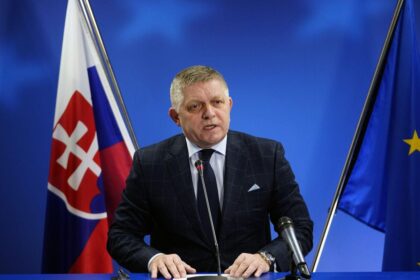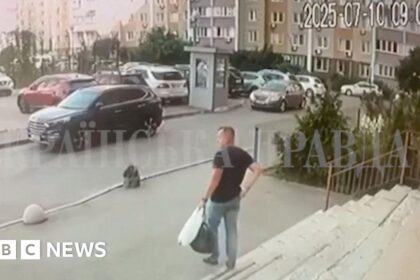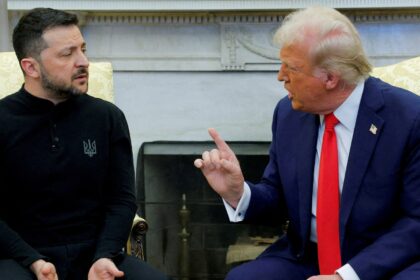The article discusses the continued presence of Russian Houses, also known as Russian Cultural Centers, in various countries despite Russia’s full-scale invasion of Ukraine and deteriorating relations with many nations. These centers are funded by Rossotrudnichestvo, a Russian government agency responsible for promoting Russian culture and interests abroad.
While some countries have taken action against the Russian Houses, such as expelling staff or declaring them persona non grata, others have been more lenient. The article highlights creative solutions used by countries like Denmark and Romania to shut down the centers without directly citing EU sanctions on Rossotrudnichestvo.
The article also focuses on the US, where the Russian Cultural Center in Washington has resumed activities despite the country’s sanctions against Russia. The center has continued to hold events celebrating Russia’s annexation of Crimea and promoting a pro-Kremlin agenda.
The author notes that some supporters of the Russian House portray it as a benign cultural initiative, while others see it as a tool for shaping public opinion in favor of the Kremlin. Activist Valuev is quoted as saying that the center’s main goals include building connections and influencing US public opinion to benefit Russia.
Overall, the article aims to shed light on how Russian cultural diplomacy operates globally and why understanding these soft power tools matters.
Key points:
* Many countries have taken action against Russian Houses, but others have been more lenient.
* Creative solutions like expelling staff or declaring persona non grata have been used to shut down centers without directly citing EU sanctions.
* The US has not closed down the Russian Cultural Center in Washington despite its sanctions against Russia.
* The center continues to hold events promoting a pro-Kremlin agenda and has attracted American visitors.
* Some supporters see the center as a benign cultural initiative, while others view it as a tool for shaping public opinion.
The article concludes by emphasizing the importance of understanding Russian cultural diplomacy and its impact on global affairs.




